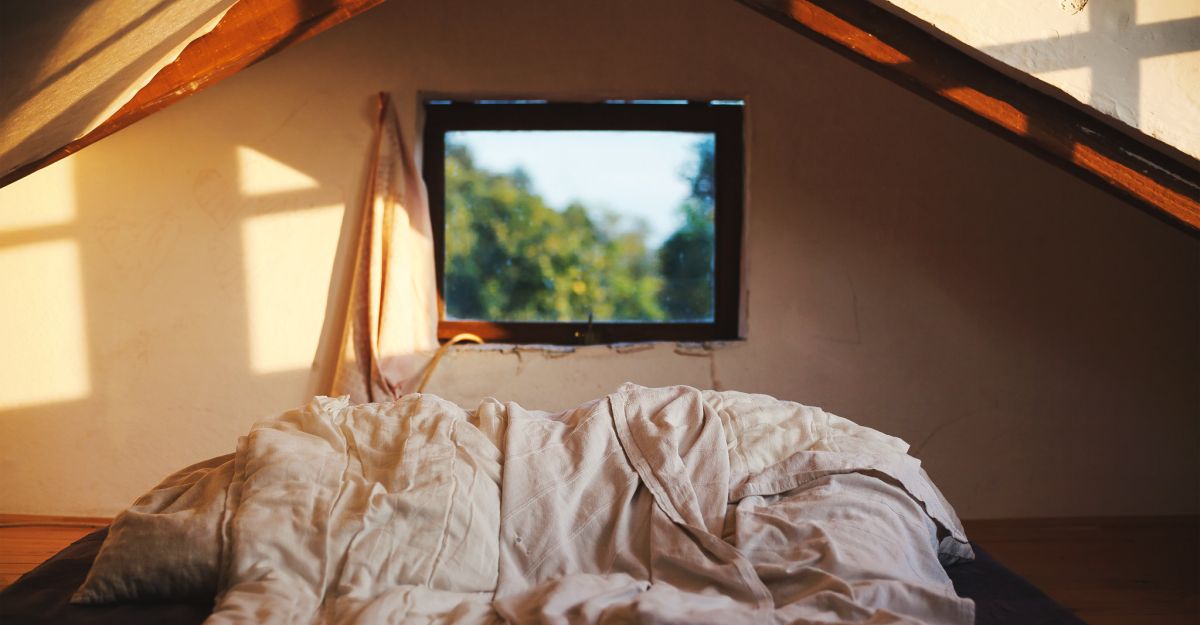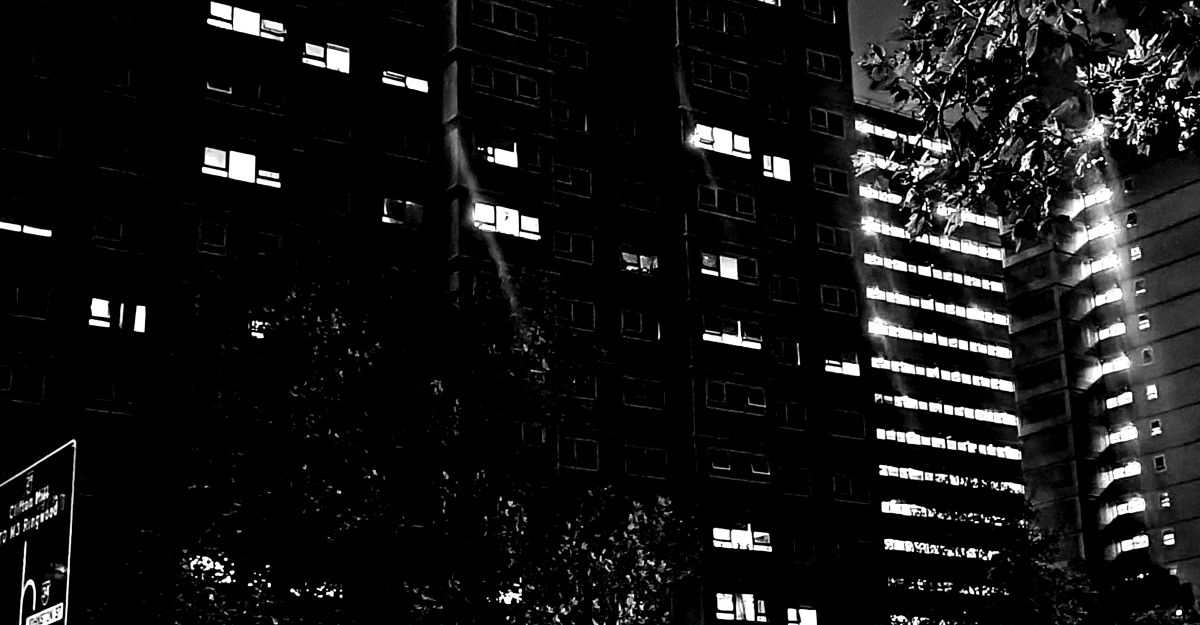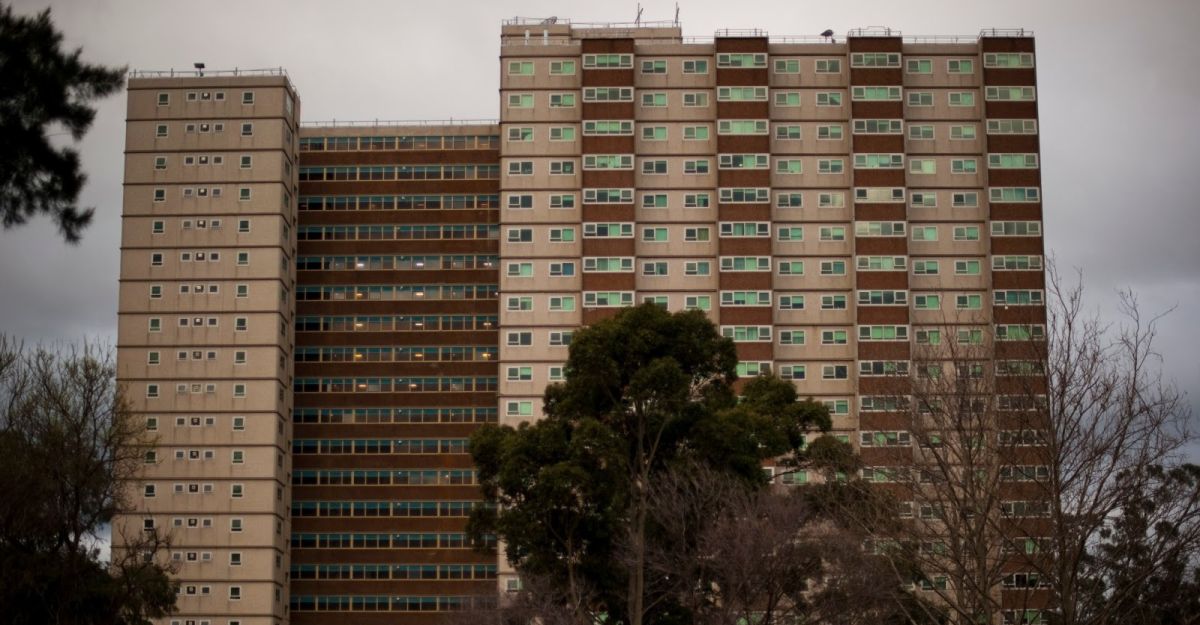Australia is in the grip of a housing and cost-of-living crisis, especially for welfare recipients or people who subsist on lower incomes. Despite this, the current Labor government refuses to make any meaningful concessions — such as increasing our miserable and insufficient welfare rate, instigating rental caps, or even ending the pointless cruelty of mutual obligations — to the people most affected by economic inequality. They waste time instead tinkering with regressive changes to taxation legislated by the previous Liberal government, which they still believe they have to instigate themselves for tedious and ultimately self-defeating reasons.
This disappointing and delusional response to a very real material crisis is impacting nobody in the country more significantly than unwaged people. But probably the most desperate and frustrating “solution” the government and media are currently promoting is the idea of young people renting rooms in older people’s houses, or moving back in with their parents, in exchange for below-market rent and the provision of domestic or caregiving labour.
There hasn’t been a lot of actual discussion on the way that this arrangement would differ legislatively from renting in a private apartment or a room in a sharehouse, but it gets described as more communal, or familial. However — keeping in mind that not all young people would be safe to return to their families, and it’s already very hard for young people to sustain stable accommodation without family support — the chances of the young people being subject to domestic violence or otherwise exploited seem extremely high.
The other party would be at risk as well, of course. Elder violence is a widely known and well-documented phenomenon, and any older person opening up their home like this would most likely already know to fear. By contrast, especially when it comes to adult children moving back in with their families, I worry that most will not expect to be abused or exploited. This troubles me, not only because I’ve experienced domestic violence quite a lot in my adult life, but also because information about how to deal with an elderly abusive parents is crowded out by advice aimed at older people being abused by their adult kids.
There are protections in the law for people who are living with their parents as adults. They’re the same protections we extend to everybody sharing a household in a family, or family-adjacent circumstance. The law is blind regarding which “family member” can experience or perpetrate domestic violence, as it should be. The ownership of the property is not a mitigating factor for it, either. However, not a lot of people seem to know this, or are otherwise uncomfortable with the implications, especially when it comes to their own parents. With rental homes continuing to escalate in price and deteriorate in quality, people who are living in such situations will have fewer options than ever before to escape it, too.
So clearly, at the very least, we would need to write new legislation to establish both the rights and the responsibilities of everyone involved in this kind of domestic relationship — including adult children moving back in with their parents.
What I want to suggest is that if you are an elderly Australian who’s electing to share your living space with a younger Australian, your house can and should no longer be entirely your own. Your young housemate, especially if they’re also now your caregiver, should be entitled to an equal share of power and a protective level of financial equity over how your household continues to function.
This idea should be common sense, especially considering how disproportionately the current approach to housing favors older homeowners against renters of all ages.
Yet every article on the topic I have been able to track down promotes the financial and emotional benefits of renting out spare rooms to seniors, while taking it entirely for granted that relief from the endlessly-accelerating cost of independent life and housing for young people will be on the terms and at the benevolence of those same wealthy homeowners.
The needs and rights of young people moving into these household arrangements are entirely ignored, or worse still, it is implied that they simply don’t exist. Yet everything about the crisis comes back to our governments’ complete and continual refusal to admit that this, like every other economic problem Australia is facing, is an issue that can’t be solved without an unprecedented downwards redistribution of wealth.
Yes, it will no doubt be unpopular politically, and since a statistically high number of Australian politicians (including the prime minister) are also landlords, it will most likely involve them making a personal sacrifice.
If the ongoing Covid-19 pandemic wasn’t enough on its own to show us that an individualist approach to issues such as income inequality or climate change would never even slow the degradation we’re experiencing in almost every aspect of contemporary existence, the rapidly accelerating rate of homelessness definitely should.
What we need to solve this crisis is to simply give people their own houses. Free of any upfront costs, in places where their residents would like to live. We need to decommodify the housing market, flooding it with owner-occupiers to make sure that renting never has to be a person’s only option. We can’t allow landlords to keep the role of petty, feudal tyrants, nor let them flout our housing safety laws, or increase our average rents to unsustainable levels.
You don’t have to worry about the number of available rentals plunging if you’re simply giving people houses. Our housing bubble has been overdue to burst for years, and the propertied class will lose some of their wealth when that happens anyway. Wouldn’t it be better if we took care of the people with the most to lose first — the welfare recipients, the young people on lower incomes who have no hope of affording housing for the remainder of their lives?
The fact that even high-income earners are being forced to rent right now is a dire warning of how catastrophic this problem will become over the next few years if we continue to imagine gradual reform will fix it.
Housing is the most basic of necessities. We can’t afford to keep on treating it like a commodity. We need to see it as a human right that every adult citizen is automatically entitled to, instead of continuing to allow a vanishing minority of landlords and their descendants to dictate our approach to housing policy.
We can’t afford to keep housing a market anymore.
Image: Dejan Krsmanovic



